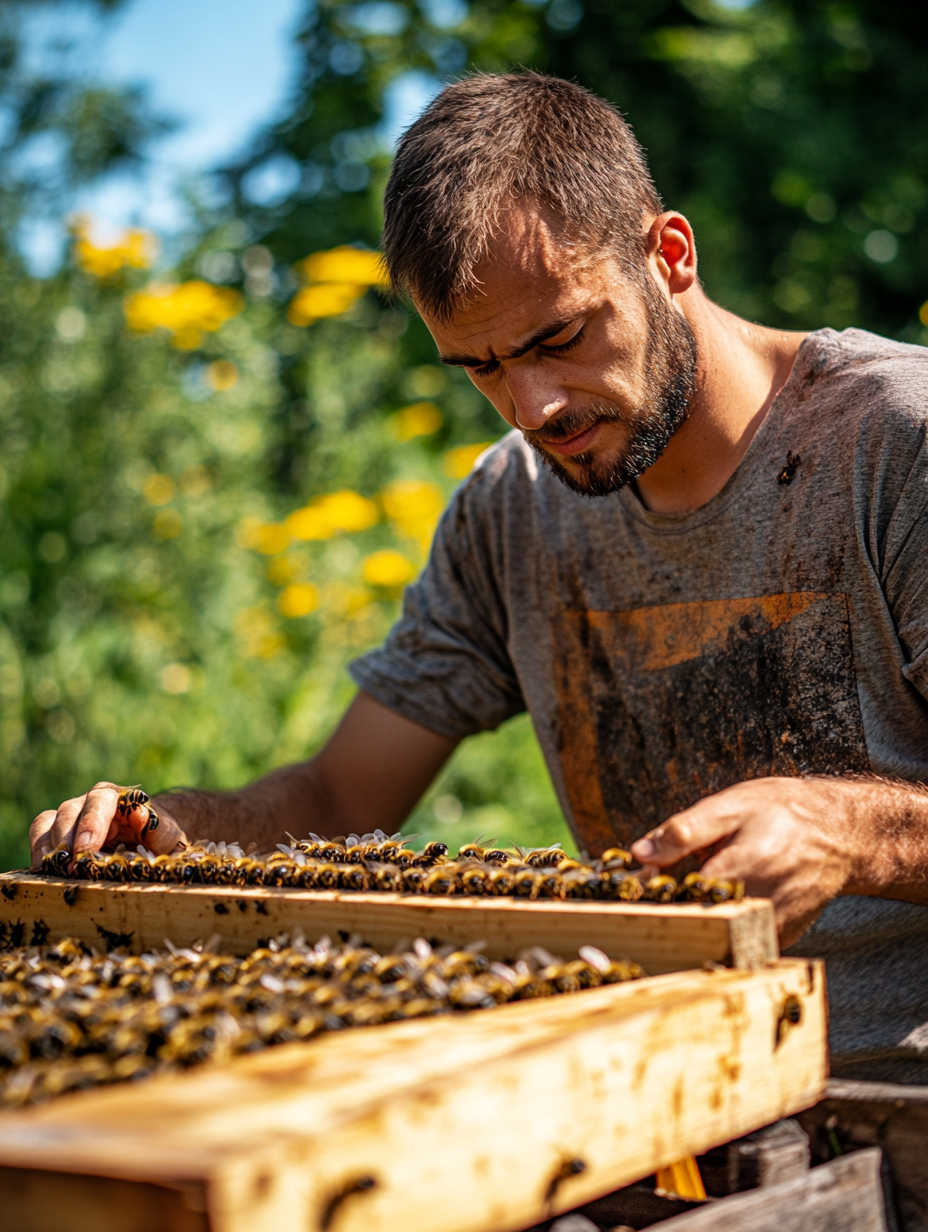Microclimates are small, localized areas where weather conditions and environmental factors differ significantly from the broader surrounding region. In beekeeping, recognizing the importance of microclimates is crucial, as these subtle variations can greatly influence hive health, productivity, and ultimately, survival.
Microclimates and Foraging Resources
One of the most impactful aspects of microclimates in beekeeping involves their effect on pollen and nectar availability. Microclimates can dramatically alter the timing, abundance, and nutritional quality of flowering plants within relatively small geographical spaces. For instance, a hive located on the sunny side of a hill may experience earlier and more abundant blooms compared to another hive placed in a cooler, shaded valley just a short distance away.
Effects on Hive Health
Since bees rely primarily on local pollen and nectar for nutrition, hives situated in microclimates with limited or inconsistent floral resources can face challenges in maintaining healthy populations. Insufficient or poor-quality pollen and nectar affect brood rearing, immune response, honey production, and the hive's resilience to pests and diseases.
Conversely, colonies within microclimates rich in diverse flowering plants benefit from better nutrition, leading to stronger immune systems, higher brood production, increased honey yields, and improved winter survival rates.
Managing Microclimates for Thriving Hives
Beekeepers who understand the impact of microclimates on pollen and nectar sources can strategically place hives or enhance forage conditions by planting specific flowering plants that thrive in their particular microclimate. Thoughtful hive placement and proactive forage management allow beekeepers to maximize local resources, significantly improving hive vigor and productivity.
In short, awareness of microclimatic differences can profoundly affect the success of your beekeeping practice by ensuring your bees consistently access abundant, nutritious, and reliable local pollen and nectar sources.


